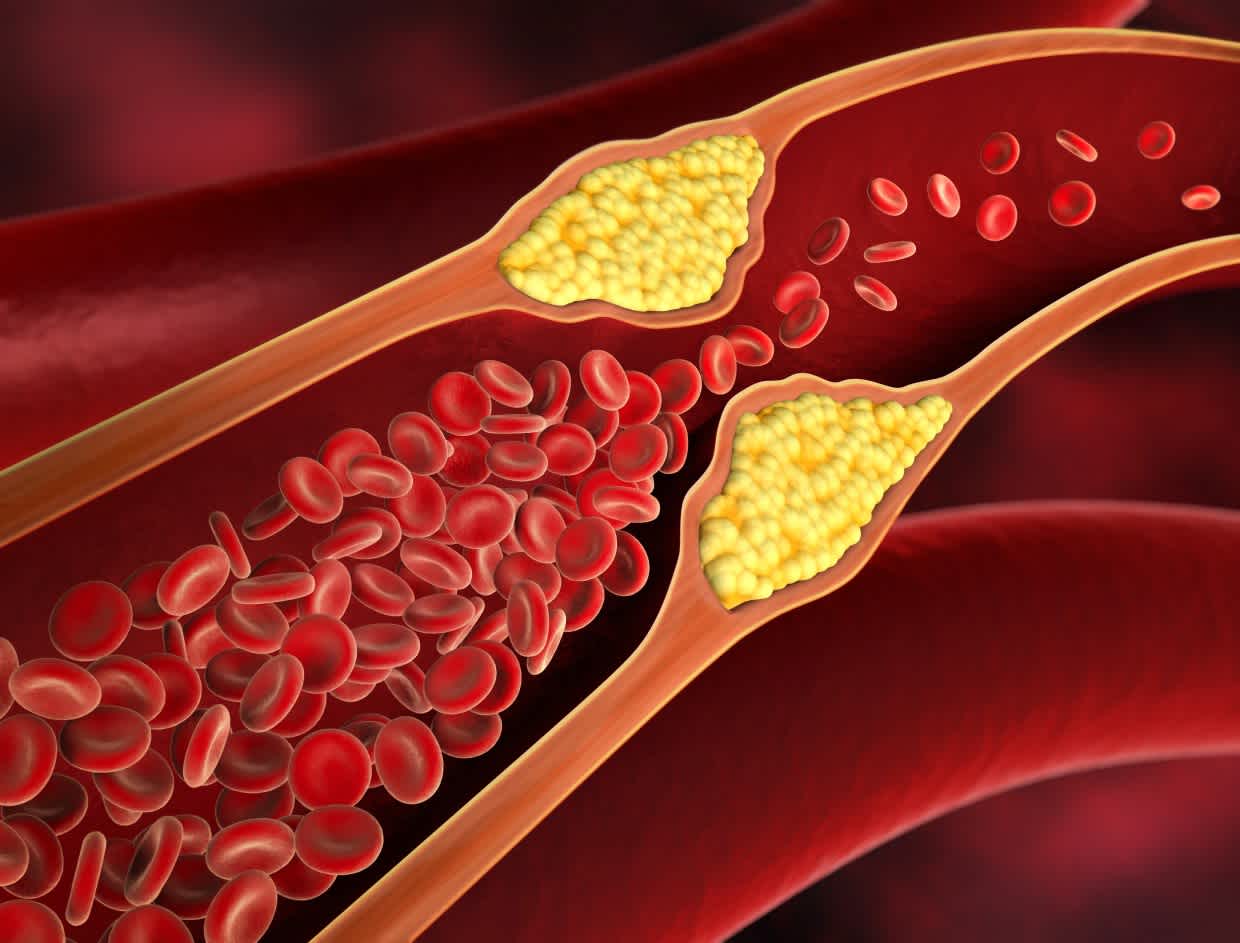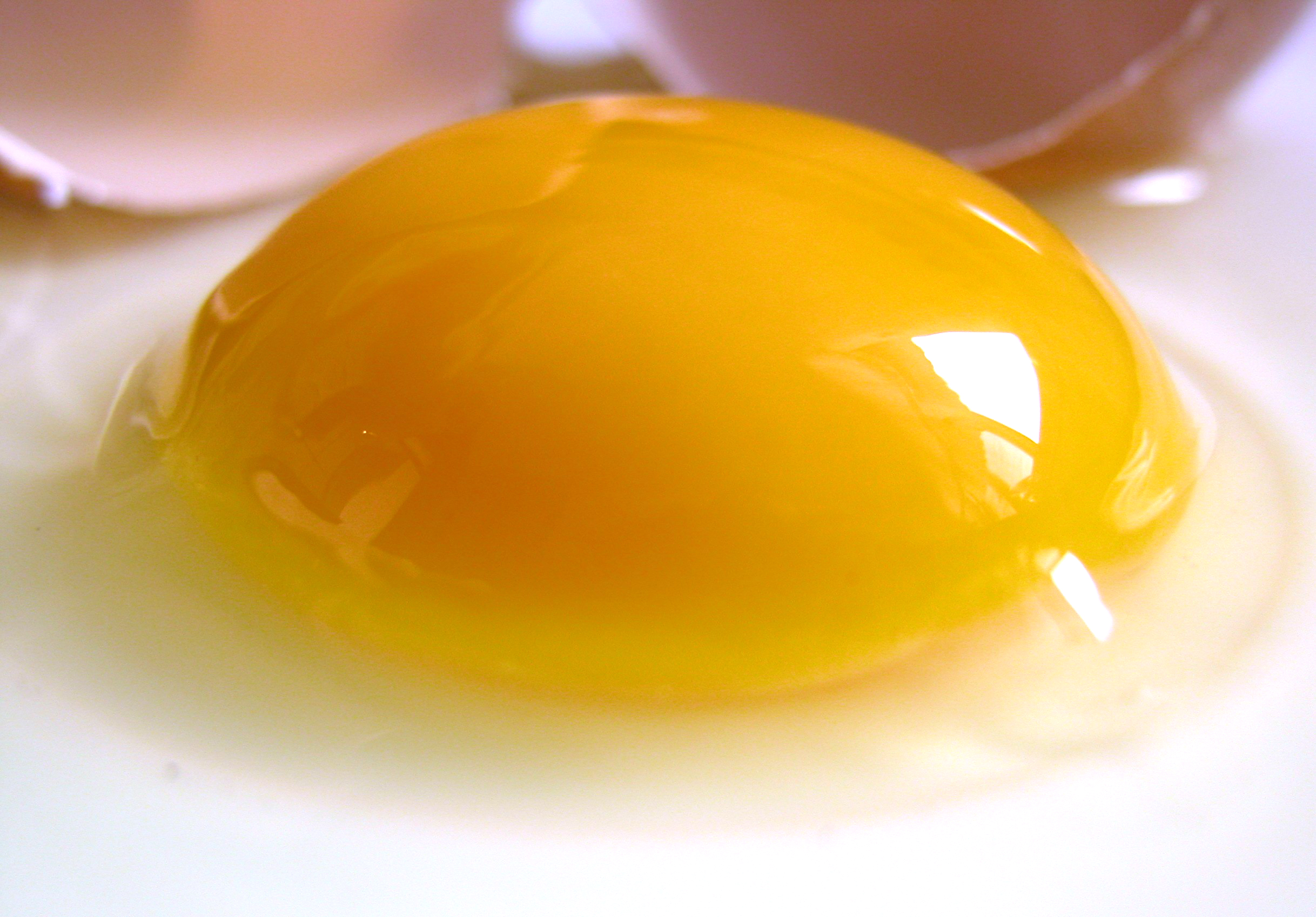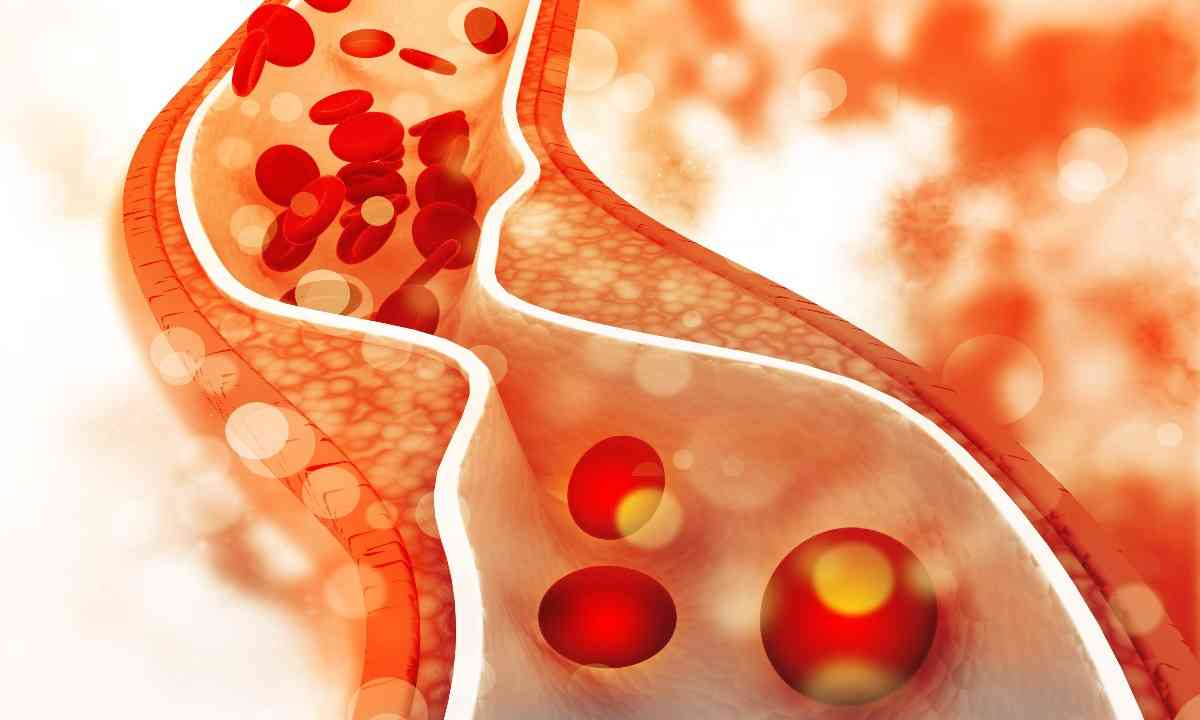Without a doubt, one of the compounds that are most misjudged is cholesterol.
For decades, people have avoided healthy but high-cholesterol foods like eggs out of concern that they will increase their risk of heart disease. Recent research suggests that most people do not pose a health risk by eating meals high in cholesterol but high in nutrients.

Besides, many individuals don't get enough of a few essential supplements in their weight control plans, despite the fact that they are plentiful in certain food sources high in cholesterol.
Let's take a look at some foods that can reduce cholesterol:
1. Red Meat
In contrast with different meats, red meats like hamburgers, sheep, and pork commonly have more elevated levels of cholesterol and soaked fat. As a result, your cholesterol level may rise, aggravating any existing heart conditions. Veggie proteins like beans, chicken (not broiled), and fish like salmon, which are high in heart-defensive omega-3 unsaturated fats, are great substitutes for red meat.
2. Butter
Butter appears to enhance virtually every dish we consume, including pancakes, toast, mashed potatoes, popcorn, and a plethora of other dishes. However, if you have high cholesterol or heart disease, you might want to try using vegetable oil instead of butter.
3. Egg Yolks
Cholesterol is abundant in the yolks of chicken eggs, which are a common breakfast food. Eating four or fewer egg yolks per week has not been found to increase a person's risk for heart disease, despite the fact that it was once suggested that people with high cholesterol and heart disease avoid eggs. Moderation is essential when eating this cuisine. Start your day with a scrambled egg for breakfast and watch how much cholesterol you consume throughout the day.

4. Ice Cream
Ice Cream isn't the best nibble choice for individuals with elevated cholesterol, which might hurt a little. The most popular frozen treat for kids has more fat and cholesterol in one scoop than ten glazed doughnuts.
5. Cream cheese
Cream cheese is a filling food that goes well with bagels and cakes, but it also has a lot of cholesterol. 27 milligrams of cholesterol are contained in an ounce of cream cheese.
6. Shellfish
Despite the fact that eating shellfish has numerous well-being benefits, individuals who have a coronary illness or elevated cholesterol ought to avoid it. In the event that you don't dunk your lobster in liquefied margarine, three ounces of lobster just have 61 mg of cholesterol in them.

7. Fried foods
Fried foods, such as deep-fried cheese sticks and meats, should be avoided whenever possible due to their high cholesterol content. This is because they are high in calories and may contain trans fats, which can increase your risk of heart disease and other health problems. Additionally, eating a lot of fried foods has been linked to an increased risk of heart disease, diabetes, and obesity.
8. Fast food
Fast food Consumption of fast food is largely responsible for a number of chronic diseases, including diabetes, obesity, and heart disease. People who eat fast food frequently have higher cholesterol, more belly fat, more inflammation, and less control over their blood sugar. Lower body weight, lower body fat, and heart disease risk factors such as high LDL (bad) cholesterol are all linked to a decrease in processed food consumption and an increase in home-cooked meals.
9. Processed food
Because they are high in cholesterol, processed meats like sausages, bacon, and hot dogs should be avoided in your diet. Heart disease and a number of other diseases, including cancer of the colon, are linked to an increase in those who consume these foods frequently. In a large study with over 614,000 participants, a 42% increased risk of heart disease was found for each additional 2-ounce (50-gram) serving of processed meat consumed daily.
10. Desserts
Treats, cakes, frozen yogurt, baked goods, and different desserts much of the time incorporate additional sugars, unsafe fats, and calories as well as having elevated cholesterol levels. Consuming these meals on a regular basis might be bad for your health and eventually lead to weight gain. Obesity, diabetes, heart disease, mental decline, and some cancers have all been linked in studies to the consumption of added sugar. Proteins, healthy fats, vitamins, and minerals your body needs to thrive are typically absent from these meals.
© Copyright 2023. All Rights Reserved Powered by Vygr Media.



















